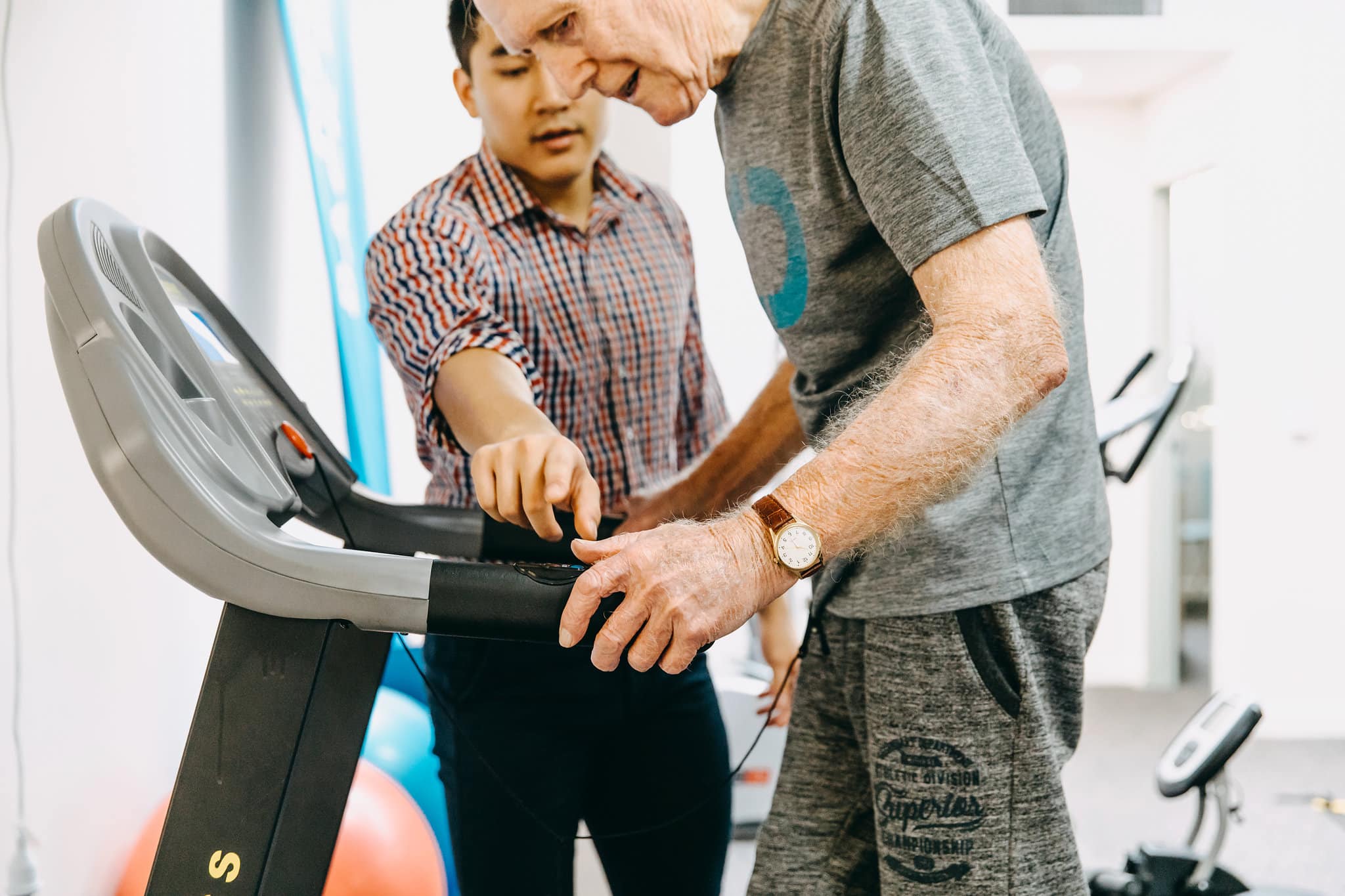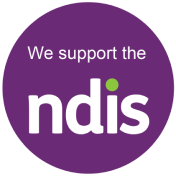Active Lifestyle Tips for Older Adults
 Blog Articles
Blog Articles
As we get older, our bodies naturally deteriorate in several ways – muscles lose strength, bones become weaker, nerves slow down, and the brain even shrinks.
This process begins very slowly from as early as 25-30 years of age. As we get towards the later stages of life, these changes become more and more pronounced.
But even though aging is inevitable, that doesn’t mean we have to surrender to Father Time without fight!
Much like we regularly service our cars to fix degrading parts and prevent break downs, there are several lifestyle changes we can make to slow down the gradual decline of our bodies.
Walking more each day
As you know, exercise is extremely important to maintain good body health and function. Walking is one of the easiest and most accessible forms of exercise that we can fit into our daily routines. By keeping joints moving, engaging muscles and working the cardiovascular system, walking is a great way to slow down the decline of aging.
For older adults who may not tolerate long walks too well anymore, there’s always a starting point to begin and build up from. Even just walking up and down your hallway
5-10 times each day can be a great way to start – which you could then progress to short walks outdoors.
However, pacing is very important. It’s always better to start small and slowly increase week-by-week instead of doing too much too soon and causing more issues.

Joining group activities
We humans are social creatures; our minds and bodies thrive when engaging with others as this was needed for survival throughout history. Therefore in today’s world where it can be easy to become isolated, it’s more important than ever to get involved in activities with other like-minded people.
Examples include exercise/walking groups, community sports, social gatherings or workshop clubs. You can always check with your local seniors community to see what activities may be running – bonus points if physical activity is involved!
Learning something new
It’s never too late to take up a new skill! Obviously something active will provide great benefits for body health, such as dancing, swimming, gardening, lawn bowls or golf.
But even things like learning a new language, instrument or puzzles can massively help slow down the decline of brain health and keep your mind sharp for as long as possible.
Undertaking a structured exercise program
For older adults, physiotherapy can help to address many of the issues mentioned above.
To combat the decline of muscle and bone strength, your physio can help you with specific bed/seated/standing exercises or resistance training using weights and other gym equipment.
To slow down the loss of balance with aging, physios can provide a balance training routine specific to your level of function.
For joint stiffness/pain a physio can provide passive stretches and manual therapy to help manage this and prevent the issue from worsening.
Other examples of structured programs include Pilates, group HIIT, chair yoga groups, hydrotherapy or basic water aerobics.
Make sure to reach out to a physiotherapist to determine what would work best for you at your current level. Be proactive in maintaining good body health and function for as long as you can, the sooner you start the better!

